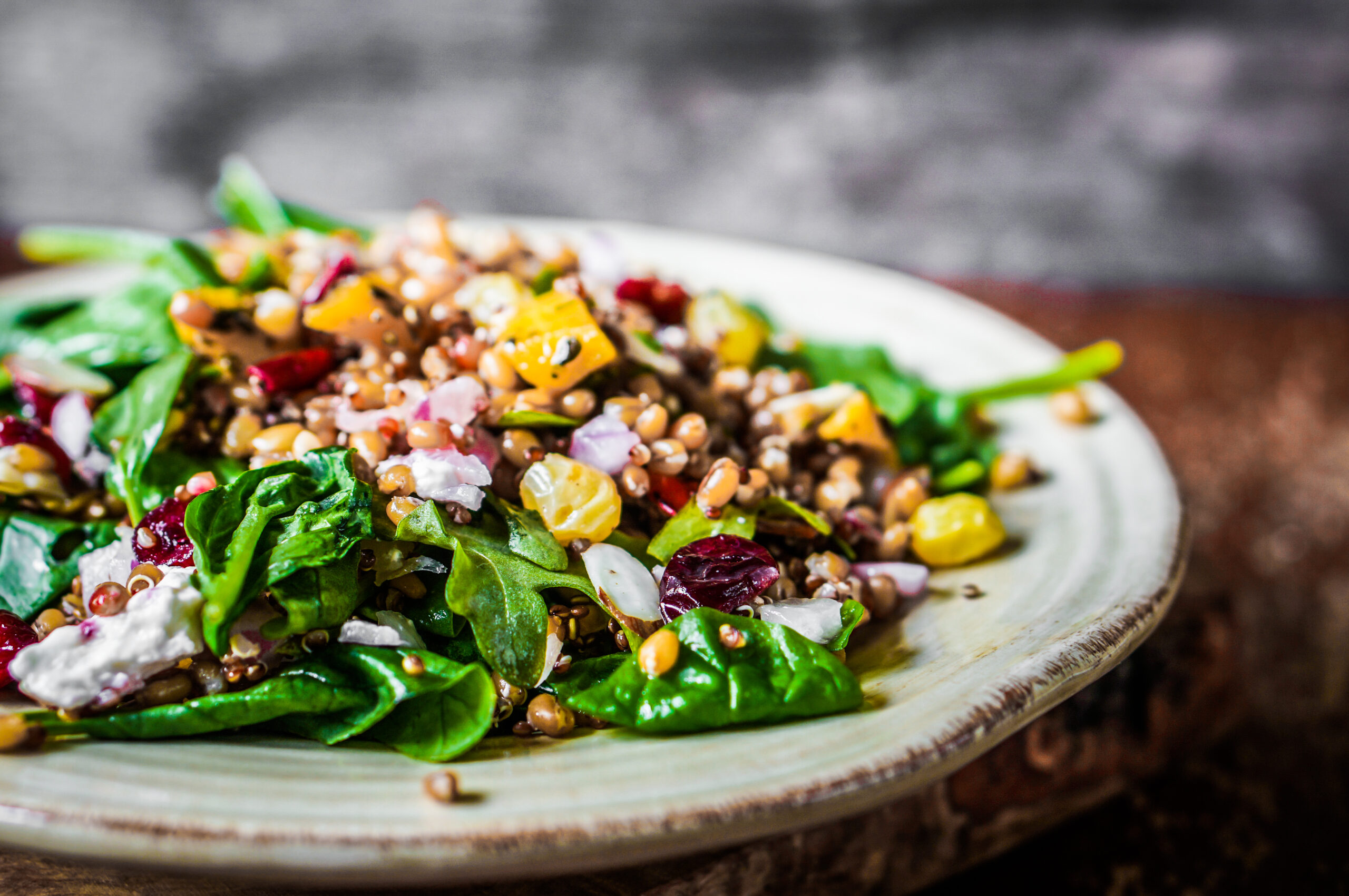There are countless diet myths out there that can make it difficult to navigate through all of the information and determine what is actually true. In this blog post, we will debunk five common diet myths so you can approach your weight loss journey with confidence and knowledge.
Myth #1: You need to cut out entire food groups to lose weight
Need a Strong Nutrition Boost for Your Diet? Take a Look...
One of the most pervasive diet myths is that you need to eliminate certain food groups in order to lose weight. While cutting out entire food groups may lead to short-term weight loss, it is not a sustainable or healthy way to achieve long-term results. Instead, focus on creating a balanced diet that includes a variety of whole foods from all food groups. This will ensure that you get all of the necessary nutrients for optimal health while still being able to enjoy a wide range of delicious foods.
Myth #2: Eating fat makes you fat
Another popular diet myth is that eating fat will make you fat. However, research has shown that this simply isn’t true. In fact, some fats are essential for good health and can even help with weight loss when consumed in moderation. Focus on incorporating healthy fats into your diet such as those found in avocados, nuts, seeds, and olive oil. These fats have been linked to improved heart health and can help keep you feeling full between meals.
Myth #3: You can’t eat carbs if you want to lose weight
Need a Strong Nutrition Boost for Your Diet? Take a Look...
Carbohydrates have gotten a bad rap over the years, but the truth is that they aren’t inherently evil. The key is to choose complex carbs that are high in fiber and low in sugar. These types of carbs take longer to digest which helps keep you feeling fuller for longer periods of time. Additionally, they provide important energy sources for your body. So don’t be afraid to include carbs like whole grains, vegetables, and fruit in your diet.
Myth #4: The more protein you eat, the better for weight loss
While protein is an important macronutrient that should be included in any healthy diet, consuming large amounts of protein won’t necessarily lead to weight loss. In fact, excessive protein intake can put a strain on your kidneys and cause dehydration. Instead, aim for a moderate amount of protein each day and focus on getting it from lean sources like chicken breast, fish, and legumes.

Myth #5: Supplements are necessary for optimal health while dieting
Finally, one of the biggest diet myths is that supplements are necessary for optimal health while dieting. While supplements can certainly play a role in supporting overall health, they shouldn’t be relied upon as a substitute for a well-balanced diet. Aim to get all of your necessary vitamins and minerals from whole foods first and then consider adding targeted supplements if needed. Remember that supplements are just that – supplemental – and should never replace real food.
In conclusion, by debunking these top five diet myths, you can approach your weight loss journey with greater clarity and understanding. Remember to always focus on creating a balanced diet that includes a variety of whole foods from all food groups, and avoid falling prey to misinformation and fad diets. With these tips in mind, you’ll be well on your way to achieving your weight loss goals and living your best life!












